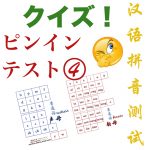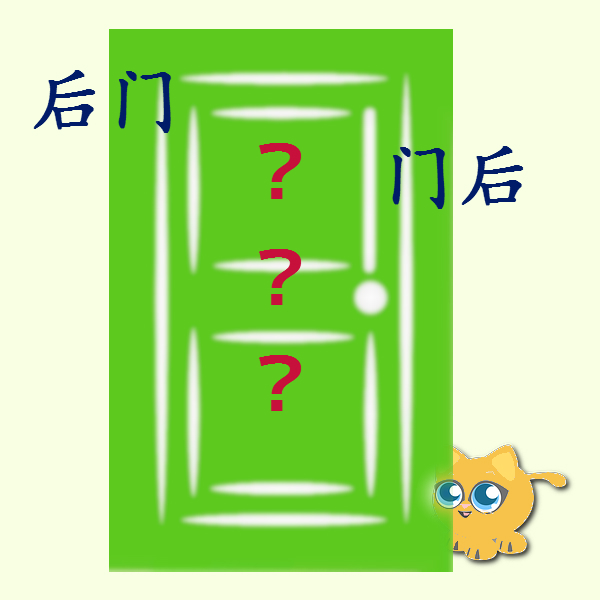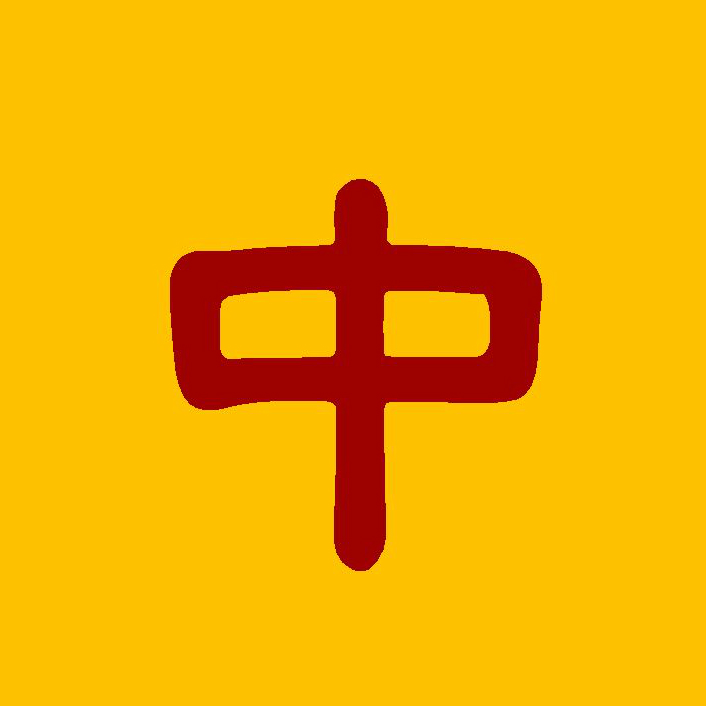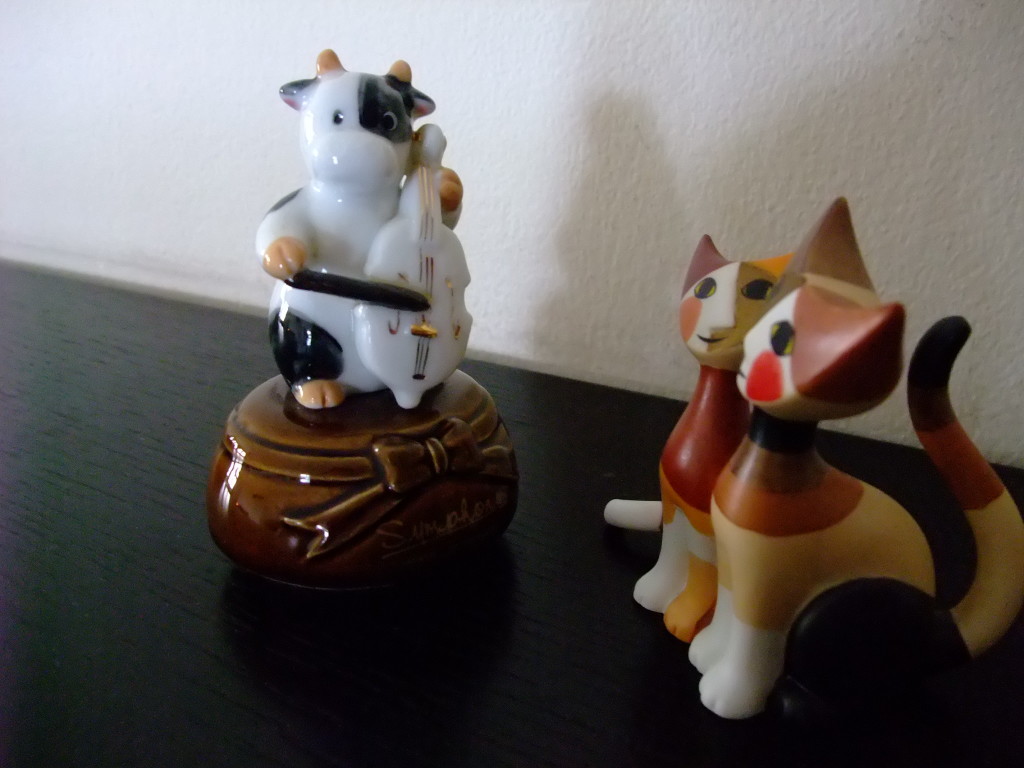Chinese New Year Visits
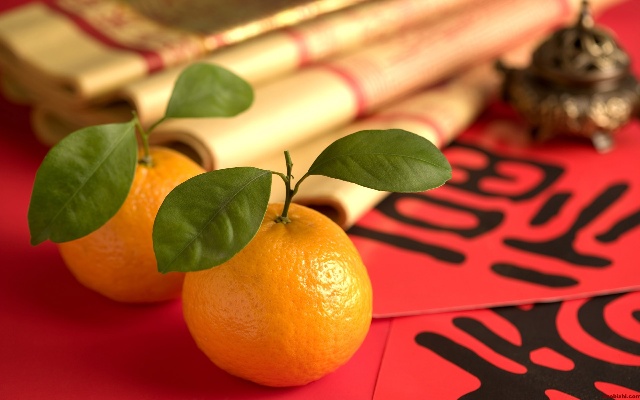
It seems that we have only just welcomed the New Year, and yet very soon, we are going to celebrate it again! This time, the Chinese New Year. With New Year close on the heels of Christmas, the end of the year is more often than not a busy festive period in many countries. But in Singapore, and other countries that celebrate the Lunar New Year, this sense of continuous festivity is felt even more keenly.
Chinese New Year falls on January 31 this year, which is pretty early. So even before greetings of ‘Happy New Year’ subsided, Chinese New Year music was already starting to fill the streets. In fact, a friend commented that the songs were already blasting away in some shops right after Christmas!
Last year I introduced some Chinese New Year expressions. If you haven’t picked up the phrases, check them out here. This year, I’d like to talk about “拜年” (bài nián). “拜年” (bài nián) basically means offering New Year greetings, and it typically takes the form of visiting. There are regional differences though; the following is what we do here in Singapore.
Whose house? In which order?
This is largely dependent on the type of relationship. On “初一” (chūyī), the first day, we go to the husband’s parents house. That is, the children’s “爷爷” (yéye) and “奶奶” (nǎinai). (Click here for family relationships.) Next we visit the wife’s parents, that is, “外公” (wàigōng) and “外婆” (wàipó). This can be done on the second day “初二” (chū’èr), but in tiny Singapore, you don’t have to travel half a day to visit your parents, so this is often done on the first day too. After having visited both sets of parents, we move on to other relatives, followed by friends, colleagues, business partners and the like. There are also mass celebrations held by organizations, called “团拜” (tuánbài).
What to bring?
In Singapore, gifting during CNY visits isn’t much of a headache, nor will it cost you an arm and a leg. Just two mandarin oranges are enough. This seems to be a tradition from 广东潮汕 (Guangdong Chaoshan) in Southern China. In Mandarin, mandarin oranges are called “柑” (gān), which are also known as “橘子”/“桔子” (júzi). “桔” (jú) rhymes with “吉” (jí), which means auspicious, and so it is given with the hope that the year will be “大吉大利” (dà jí dà lì) – greatly auspicious and smooth-sailing. The reason why we offer two oranges, not one or three, is because even numbers are considered auspicious and the number two is often the preferred number. (More on numbers here.) There are even cute mini bags specially made for carrying your mandarin oranges. In return, the host will also give you two oranges. So it is, in effect, a game of orange exchange.
Red Packets 紅包 (hóngbāo)
This is what kids look forward to the most. “红包” (hóngbāo), also known as ‘ang pao’ in Singapore (from its dialect pronunciation), literally means ‘red envelope’, and it is a monetary gift, typically given by adults to children. By default, if you are not married, you are eligible to collect ang paos too. Now that there are so many people choosing to remain single, it is indeed oftentimes awkward for both the giver and the receiver. To give or not to give? To take or not to take? Tough question! On the other hand, once you are married, it is your turn to give. To your parents, your children, and also children who come to pay you a visit. This is where it might cost some people an arm and a leg!
The Great Escape 避年 (bì nián)
In recent years, instead of staying in the country and going through the routines of the Chinese New Year, there is an increasing number of people opting for “避年” (bì nián). The term itself means to avoid the New Year, but essentially it simply means going abroad. What is there to avoid? Mostly, the incessant questioning from relatives. If you are not married, every year you will be bombarded with the question, “when are you getting married?”. And if you are married without kids, the question will be, “when are you going to have kids?” Also, for people who have lots of connections and thereby having to give red packets even to kids who barely have any relation with them, this might be a great escape indeed! But well, I’m sure there are those who simply want to enjoy the long holiday somewhere they fancy, just for the sake of it.
Have you been to any CNY visits? If you’ve had any interesting experiences, drop a comment to share!
新年快乐 (xīn nián kuài lè),恭喜发财 (gōng xǐ fā cái)!
If you’ve enjoyed this, don’t forget to hit one of the sharing buttons below, and do join me on Google+/ Facebook/ Youtube/ Twitter/ Pinterest !
